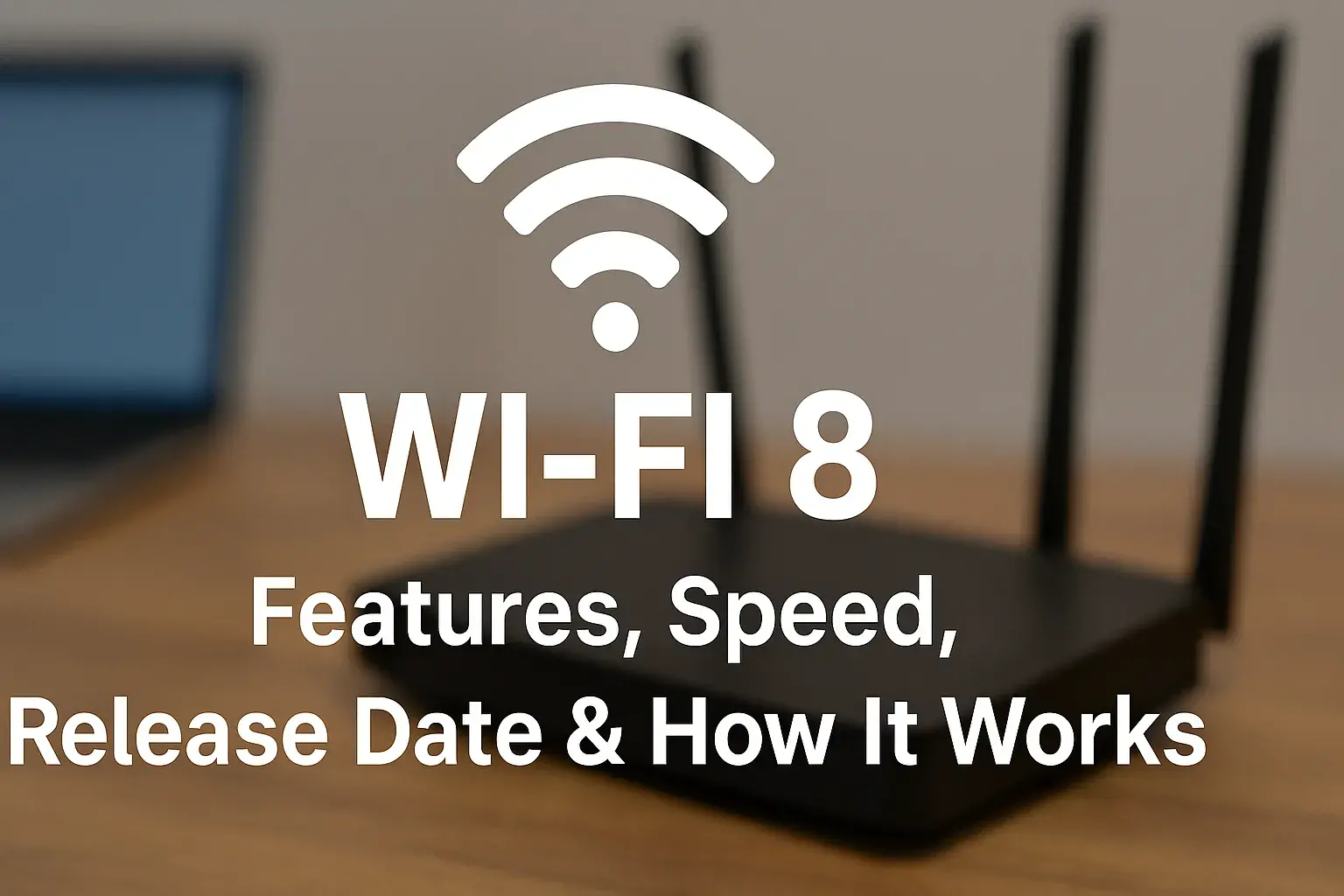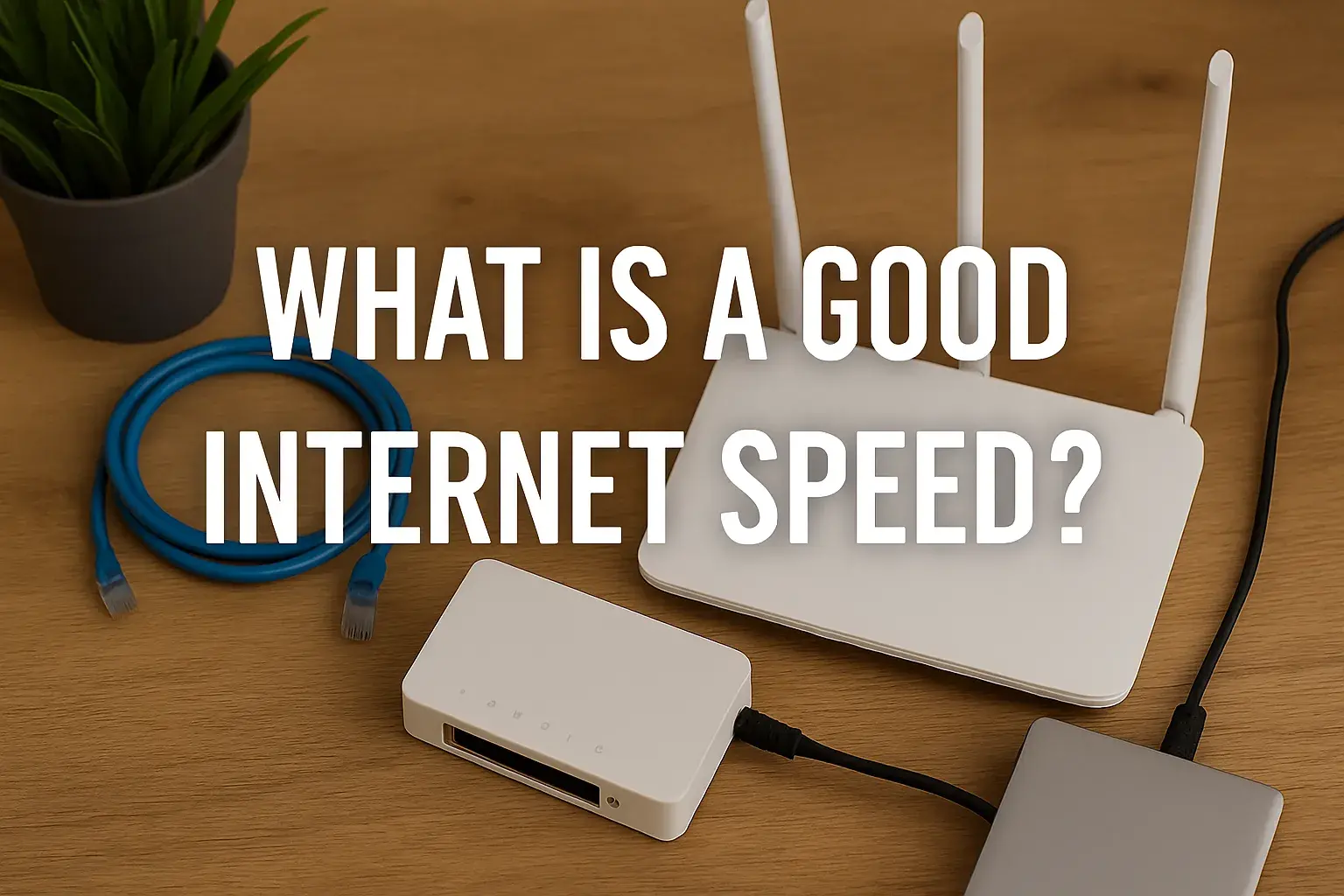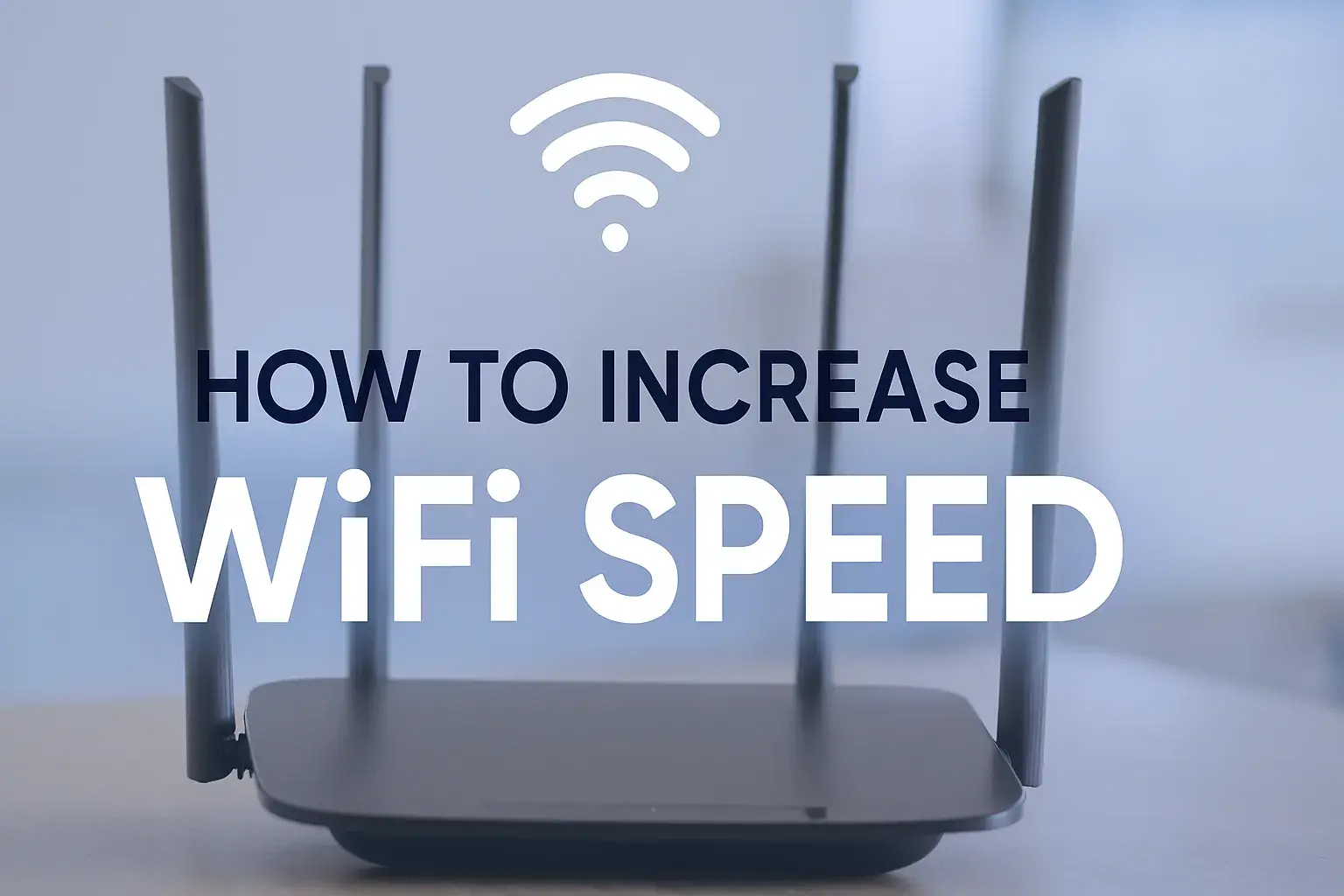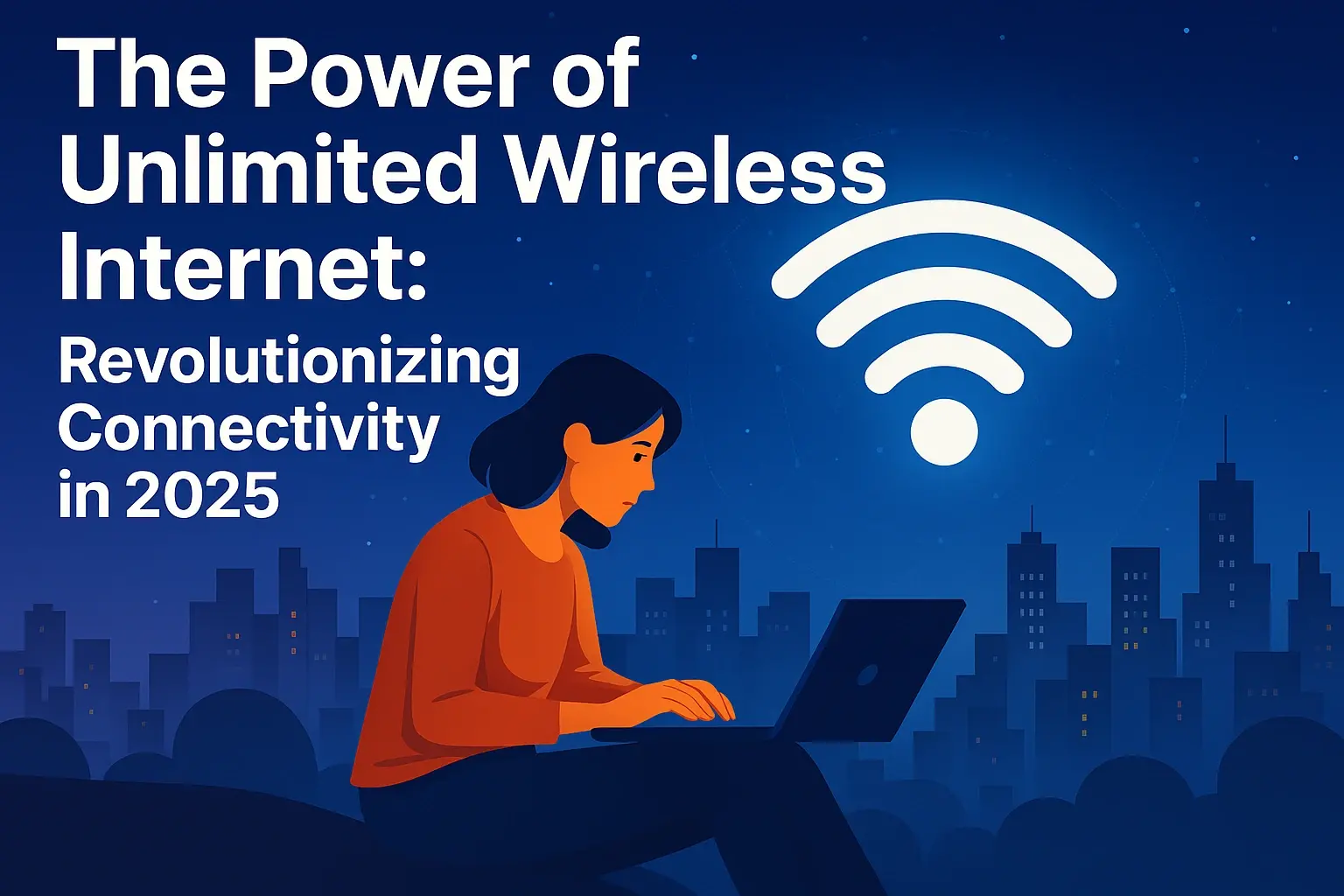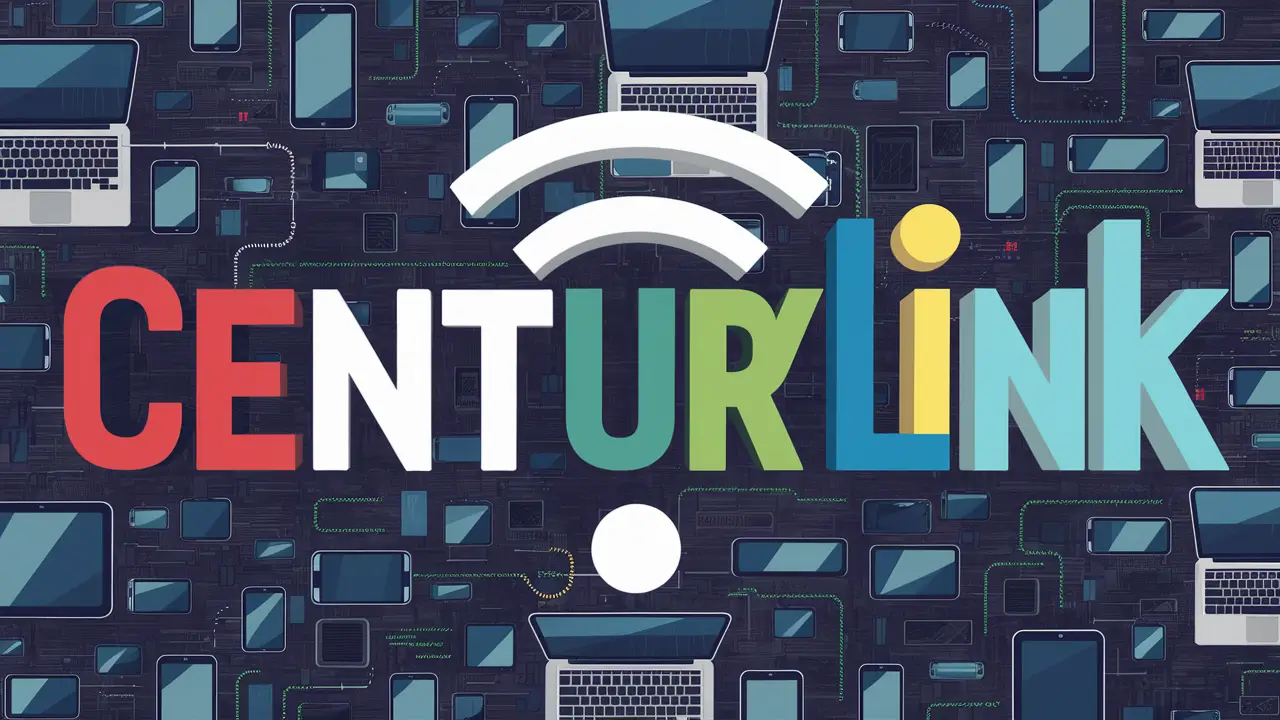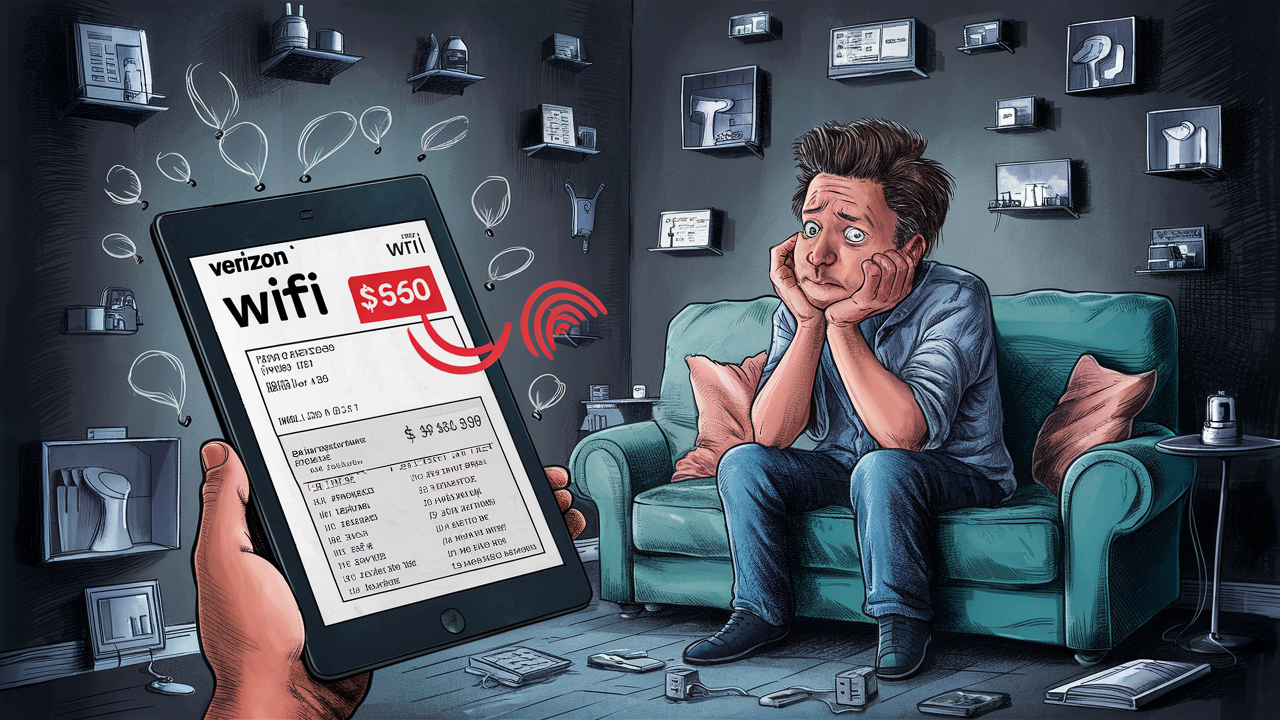What is the cheapest good Wi-Fi?
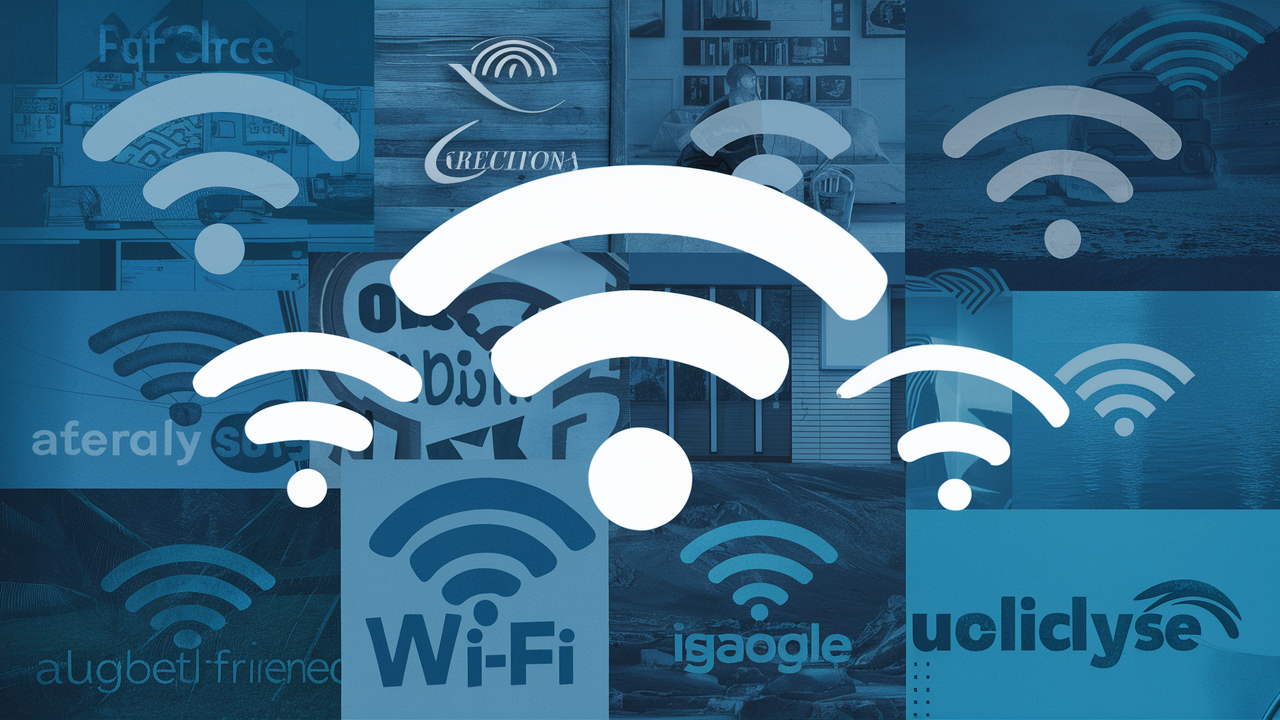
In an increasingly connected world, finding affordable yet reliable internet service and Wi-Fi has become a priority for many households and individuals as of August 2025. With remote work, online learning, streaming services, and smart home devices demanding consistent connectivity, "cheap good Wi-Fi" refers to internet plans that offer decent speeds (at least 100-300 Mbps for most users), unlimited or generous data allowances, minimal downtime, and positive customer reviews—all at a budget-friendly price under $50 per month. The average U.S. household spends around $65 monthly on internet, but savvy shoppers can secure quality service for as low as $20-$40, potentially saving hundreds annually. Providers like Frontier, T-Mobile, and Mediacom lead the pack with promotional rates starting at $19.99, blending fiber or 5G technology for reliability without breaking the bank. However, "good" is subjective—balancing cost with performance, availability, and perks like free equipment or no contracts. This comprehensive guide explores the cheapest good Wi-Fi options in the U.S., drawing from expert reviews and current promotions to help you choose wisely amid rising costs and expanding 5G coverage.
The quest for cheap good Wi-Fi in 2025 is driven by economic pressures, with inflation pushing many to cut non-essentials while maintaining essential digital access. According to industry data, over 40% of Americans now prioritize affordability in internet choices, up from 30% pre-2020, as streaming alone consumes 300-500 GB monthly per household. Cheap plans don't mean sacrificing quality; fiber options from Frontier or Verizon deliver symmetrical speeds for uploads, ideal for video calls or cloud backups, outperforming older DSL. Wireless 5G from T-Mobile offers flexibility for renters or rural users, with easy setup and no wiring hassles. Reliability is key—providers with high uptime (99%+) and strong customer satisfaction scores from sources like J.D. Power ensure "good" service. Promotions sweeten deals: Gift cards, free streaming trials, or price locks for 2-4 years help offset potential hikes. Yet, pitfalls like data caps (e.g., 1.25 TB on Cox) or limited availability in non-urban areas remind us to check ZIP codes first. In a market where gigabit speeds are commonplace, cheap good Wi-Fi empowers budget-conscious users without compromising on modern needs.
Why Seek Cheap Good Wi-Fi in 2025?
Affordable Wi-Fi isn't just about saving money—it's about accessibility in a digital-first era. With 5G expansion and fiber rollouts, 2025 sees more options than ever, but costs vary widely by region. For instance, urban dwellers in states like New York or California might snag gigabit fiber for $30, while rural areas rely on satellite at $100+. Cheap plans support essential activities: 100 Mbps handles HD streaming on 2-3 devices, while 300 Mbps suits families with gaming and 4K video. Reliability matters; fiber from Verizon scores top in satisfaction surveys for minimal outages, unlike cable prone to peak-hour slowdowns. Economically, bundling with mobile (e.g., T-Mobile's $20 discount) or low-income programs like Verizon Forward ($20/mo) makes it viable for seniors or students. Sustainability plays a role—fiber uses less energy than satellite. Drawbacks include promo expirations (prices double after 12 months) or equipment fees ($10-15/mo), but no-contract flexibility from Spectrum or T-Mobile allows easy switches. Overall, cheap good Wi-Fi in 2025 bridges affordability and performance, fostering equitable digital access.
Key Factors to Consider for Cheap Good Wi-Fi
When hunting for budget Wi-Fi, evaluate beyond price: Speed needs—FCC suggests 100 Mbps for basics, 300+ for multi-device homes. Data caps: Avoid overages; unlimited from Frontier beats Cox's 1.25 TB limit. Connection type: Fiber (symmetrical, low latency) trumps cable or DSL; 5G for mobility. Contracts and fees: No-contract plans like T-Mobile prevent $200 early termination hits. Availability: Use tools like BroadbandNow for ZIP checks. Reviews: Aim for 4+ stars; Google Fiber excels in service. Perks: Free routers, installation waivers, or bundles add value. Price stability: Locks from Verizon prevent hikes. Low-income options: Programs like Xtream Connect offer $9.95/mo. Balance these for true value.
Top Cheap Good Wi-Fi Providers in 2025
Based on reviews, here are standout affordable providers with reliable service.
- Mediacom
Starting at $19.99/mo for 250 Mbps cable, Mediacom offers one of the lowest entry points, with unlimited data in some plans and availability in 22 states. Pros: Budget-friendly for basics; cons: Data caps, equipment fees $15/mo. Rating: 4.13/5. - Frontier Fiber
$29.99/mo for 500 Mbps symmetrical fiber, no data caps, free router. Ideal for heavy use; available in 25 states. Pros: Fast uploads, no contracts; cons: Price rises after promo. Rating: 3.86/5. - Astound Broadband
$30/mo for 300 Mbps, often with free install. Serves select regions; gig plans cheap. Pros: Value for speed; cons: Limited areas. Rating: High in value. - T-Mobile 5G Home Internet
$35/mo (with mobile) for 87-415 Mbps, unlimited data, free gateway. Nationwide; easy setup. Pros: No contracts, perks; cons: Variable speeds. Rating: 4.35/5. - Verizon Fios/5G
$34.99/mo for 300 Mbps fiber (with mobile), unlimited, free perks like Netflix. East Coast focus. Pros: Reliable, price lock; cons: Availability. Rating: 4.54/5. - Xfinity
$40/mo for 150 Mbps, with bundles and hotspots. Wide coverage. Pros: Affordable bundles; cons: Data caps. Rating: Solid value. - Cox
$30/mo for 100 Mbps, customizable. 18 states. Pros: Prepaid options; cons: Caps. Rating: Good for basics.
| Provider | Cheapest Plan | Speed | Price/Mo | Data | Rating |
|---|---|---|---|---|---|
| Mediacom | 250 Mbps | 250 Mbps | $19.99 | Capped | 4.13/5 |
| Frontier | Fiber 500 | 500 Mbps | $29.99 | Unlimited | 3.86/5 |
| Astound | 300 Mbps | 300 Mbps | $30 | Unlimited | High |
| T-Mobile | Home Internet | 87-415 Mbps | $35 | Unlimited | 4.35/5 |
| Verizon | Fios 300 | 300 Mbps | $34.99 | Unlimited | 4.54/5 |
| Xfinity | Connect | 150 Mbps | $40 | 1.2 TB | Good |
| Cox | ConnectAssist | 100 Mbps | $30 | 1.25 TB | Good |
Additional Tips for Securing Cheap Good Wi-Fi
Negotiate promotions—call for retention deals. Bundle for savings. Check low-income eligibility. Test speeds post-install. Consider 5G for flexibility.
Conclusion
In 2025 the cheapest good Wi-Fi balances affordability with reliability featuring plans from Mediacom Frontier and T-Mobile starting under $35 per month for speeds sufficient for everyday use like streaming and remote work while avoiding pitfalls such as data caps through unlimited options and promotions. By assessing factors like availability speed needs and perks users can secure value-driven connectivity that fits their budget whether through fiber's symmetry or 5G's flexibility ultimately empowering seamless digital experiences without financial strain in an evolving broadband landscape.
Faq
What is considered the cheapest good Wi-Fi plan in 2025?
The cheapest good Wi-Fi plan is Mediacom's 250 Mbps at $19.99 per month for the first year offering reliable cable speeds suitable for streaming and browsing with availability in 22 states though it includes data caps and equipment fees making it ideal for budget users seeking basic performance without fiber-level symmetry.
Is Frontier's fiber plan a good affordable option?
Yes Frontier's Fiber 500 at $29.99 per month provides symmetrical 500 Mbps speeds with unlimited data no contracts and a free router making it an excellent choice for households needing fast uploads for work or gaming available in 25 states primarily Midwest and Northeast though prices may increase after the promotional period.
How does T-Mobile's 5G Home Internet compare in cost and reliability?
T-Mobile's 5G Home Internet starts at $35 per month with a mobile plan delivering 87 to 415 Mbps unlimited data and a free gateway offering reliable wireless connectivity nationwide with easy setup and no contracts though speeds can vary by location and signal strength making it great for renters or areas without wired options.
What makes Verizon Fios a top cheap good Wi-Fi choice?
Verizon Fios offers 300 Mbps fiber for $34.99 per month with a mobile plan including unlimited data price locks for up to four years and perks like free Netflix or gift cards ensuring high reliability and satisfaction in eight Eastern states plus Washington DC though availability is limited and requires bundling for the lowest rate.
Are there hidden fees in cheap Wi-Fi plans like Xfinity's?
Xfinity's Connect plan at $40 per month for 150 Mbps includes a 1.2 TB data cap with overage fees potential equipment rental at $15 monthly and price increases after promotions though it provides wide coverage in 39 states access to hotspots and low-income options like Internet Essentials for added value despite the caps.
Is Astound Broadband worth considering for budget Wi-Fi?
Astound's 300 Mbps plan at $30 per month offers solid speeds often with free installation and unlimited data in select Northeast Illinois and West Coast areas providing good value for small households though its limited availability and potential regional variations in service quality should be checked via ZIP code.
What about Cox for affordable internet with Wi-Fi?
Cox's ConnectAssist at $30 per month for 100 Mbps suits basic needs with customizable bundles and prepaid options in 18 states including low-income programs for $9.95 monthly though it has a 1.25 TB data cap requiring extra fees for unlimited and asymmetrical speeds less ideal for heavy uploaders.
Do cheap Wi-Fi plans have data caps and how to avoid them?
Many cheap plans like Mediacom or Cox include caps around 1-1.25 TB leading to overages but providers like Frontier T-Mobile and Verizon offer unlimited data as standard allowing worry-free usage for streaming or downloads so prioritize unlimited options or monitor usage with provider apps to stay within limits.
Can low-income households get even cheaper good Wi-Fi?
Yes programs like Verizon Forward at $20 per month Mediacom Xtream Connect at $9.95 for 25 Mbps or Xfinity Internet Essentials provide discounted reliable Wi-Fi for qualifying families via SNAP or Lifeline with no contracts free equipment and sufficient speeds for essentials ensuring accessibility without compromising basic quality.
How to ensure reliability in a cheap Wi-Fi plan?
To guarantee reliability in budget plans look for fiber or 5G options with high uptime ratings over 99 percent from providers like Verizon or Google Fiber check customer reviews on sites like HighSpeedInternet for outage reports and opt for no-contract trials to test speeds and stability in your area before committing long-term.
